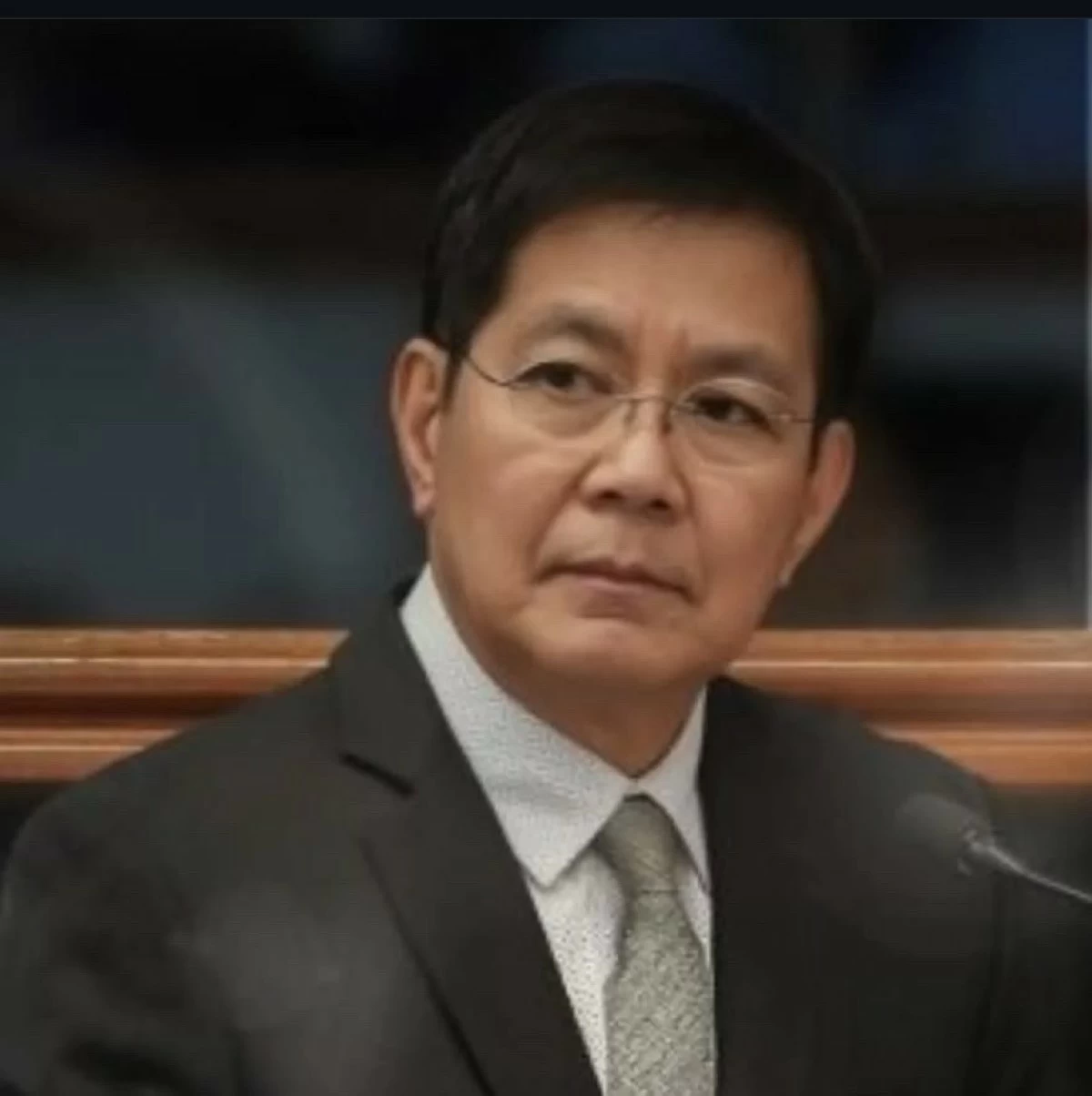
Upgrade to High-Speed Internet for only ₱1499/month!
Enjoy up to 100 Mbps fiber broadband, perfect for browsing, streaming, and gaming.
Visit Suniway.ph to learn

PAGBABAGO
The last week of July 2025 will be remembered for several unexpected events. It was the fourth State of the Nation Address (SONA) of President Marcos Jr., the start of the 20th Congress, the Supreme Court (SC) ruling on the Vice President’s impeachment, the confluence of events, some volatile and theatrical.
While the country was trying to recover from tropical cyclones Crising, Dante, and Emong which left a trail of destruction in many parts of the country, with 31 dead and an estimated loss of ₱8 billion in property, several developments on the political front were happening.
Malacañang announced that the SONA must go on, rain or shine, and requested everyone to come in simple attire. As in the past, the “other SONA” on the streets displayed their demands through audiovisual display of what they felt was the true state of the nation. Fortunately, the weather cooperated.
The President spoke for an hour in Filipino, describing the achievements of his administration. He had his share of applause as he cited the fight against hunger, investment in the Filipino through education, classrooms, early childhood training, PhilHealth, day care centers, feeding programs, hospitals, free training for jobs, infrastructure with farm to market roads, electricity, trained teachers, free college education, rehabilitation of bridges, water power, free Wi-Fi, etc. It sounded like reports from past presidents. What he did not mention was how the government would monitor successful completion of these projects.
What got the most applause was when he turned to the secretary of public works and asked him to submit the list of infrastructure projects including ghost projects and to file cases against those who had taken financial advantage and ended saying, “Mahiya naman kayo (Feel shame),” to which almost the entire house stood up, clapping in agreement.
The speech received mixed reactions from various critics. Those who said they had heard it before. Some cited where he was silent – online gambling, human rights, the West Philippine Sea. What the President should perhaps focus on in the next SONA was a specific framework on how government and all other sectors can work together to ensure success at all fronts so that everyone can feel its impact in improved quality of life, peace and order, delivery of justice and other indicators of wellbeing.
And this is what the present SONA lacks — a framework of governance so that Congress will be able to address deficits, corruption, genuine “bayanihan” and cooperation among all sectors, bridging economic, social, cultural and political gaps.
Which leads us to examine the current conflict and stalemate on the impeachment of Vice President Sara Duterte. Right now, we have opposing views between the unanimous decision of Supreme Court justices, and former justices, and law experts on the one- year ban on impeachment.
Former Supreme Court Justice and Constitutional Commissioner Adolf Azcuna notes that “while it may be legally correct,” the SC decision on giving a “new definition” of what constitutes the initiation of an impeachment complaint which would now focus on complaints which were not referred to a committee and after the lapse of the time to do so, archive, and thus, the SC said, “effectively dismissed.” He noted that the House of Representatives relied on the previous definition at the time and urges the SC to issue a resolution and apply the Doctrine of Operative Facts wherein “the action will be treated as valid, as the new definition will be applied prospectively.” Former Chief Justice Artemio Panganiban and Azcuna cautioned that the SC ruling could distort constitutional safeguards and weaken accountability mechanisms from high officials as that it imposed new interpretations that risk undermining the fairness and balance envisioned by the Constitution. In statements published in Philippine daily newspapers and online media, the following opinions were expressed:
Former Constitutional Commissioner Rene V. Sarmiento notes that the SC decision “disturbs the principle of checks and balances and the principle of separation of powers. There appears to be official overreach.” Lawmaker Barry Gutierrez notes that the SC decision “completely rewrites how we have understood and implemented impeachment both from a historical and constitutional law perspective.”
Law Dean Melencio Sta. Maria notes that “no referral means no initiation.” How can archiving or non-action be counted as a case for dismissal when the referral to complete the initiation stage did not happen? Former SC Justice Antonio Carpio noted that no due process if the prosecution panel of the House of Representatives was not given a chance to comment on the petitions.
FLAG (Free Legal Assistance), oldest network of human rights lawyers, said the SC decision creates a dangerous precedent that undermines respondent as the ultimate accountability mechanism. The ruling was over judicializing a sui generis mechanism to exact accountability. The decision insulates all impeachable officials by rendering the filing of complaints unduly exacting and tedious.
The Senate is divided on the issue: Senators Risa Hontiveros and Bam Aquino had expressed dissent to the SC ruling as did many others in the House of Representatives. A recent survey showed that 80 percent of respondents want VP Duterte impeached. ([email protected])




